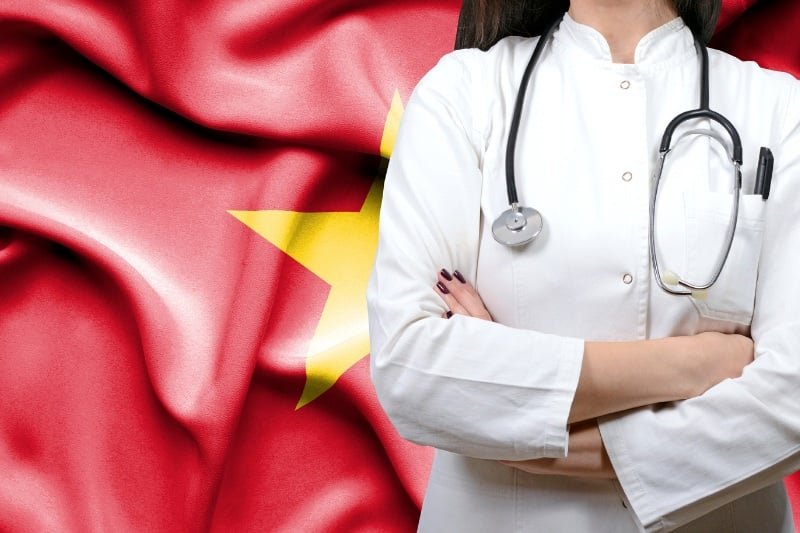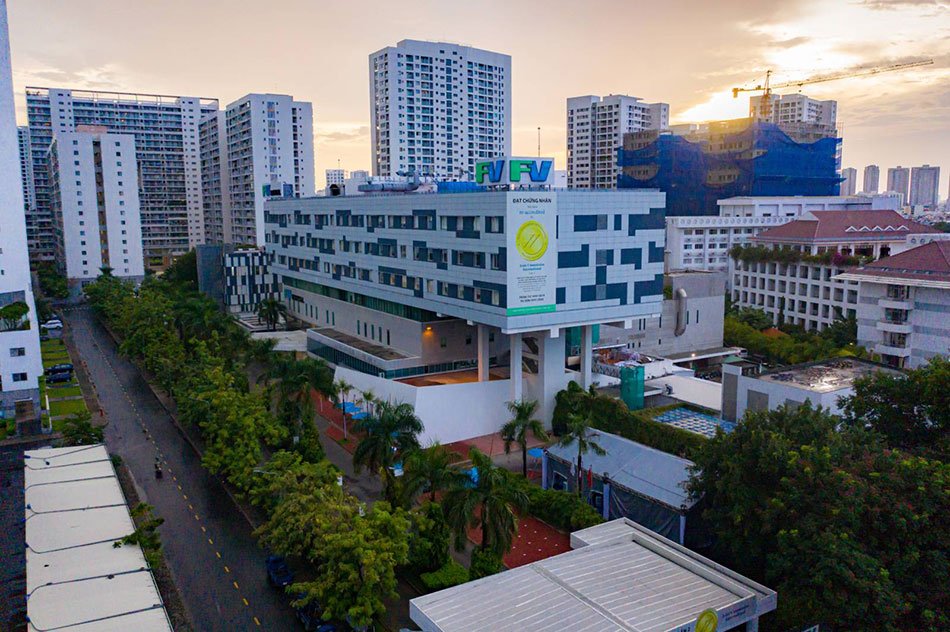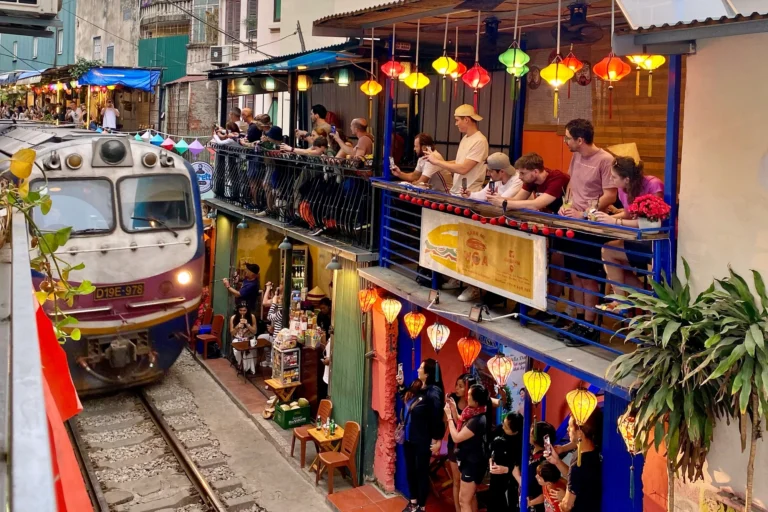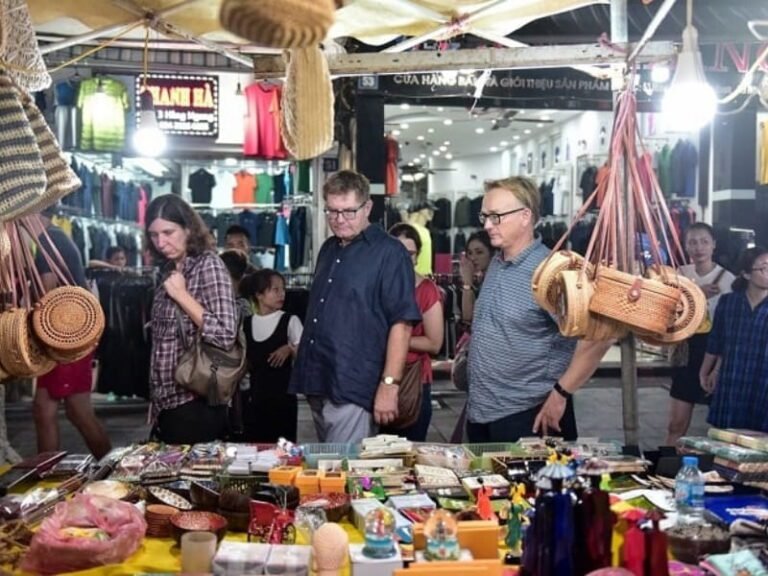Paying for Healthcare Vietnam: Payment Options for Tourists
Navigating healthcare abroad can be daunting, especially when you’re unsure how to paying for healthcare Vietnam. Whether you’re dealing with a minor issue or a medical emergency, it’s important to understand how Vietnam healthcare costs work. In this guide, we’ll walk you through the different payment methods, what to expect at hospitals, and how to avoid unwanted surprises.
1. Understanding Vietnam Healthcare Costs for Tourists
What Do Healthcare Services Cost in Vietnam?
Vietnam offers relatively affordable medical costs tips care compared to Western countries for paying for healthcare Vietnam, but Vietnam healthcare costs can vary based on the facility and services required. Public hospitals tend to charge lower fees, while private and international hospitals come with higher price tags.

As a tourist, expect to pay out-of-pocket unless your insurance policy covers overseas treatment. Costs for consultations range from $10 to $100 depending on the hospital tier, while emergency services and surgeries can run into the hundreds or thousands.
Common Charges Tourists Might Encounter
- Doctor consultation: $10–$50 at public clinics, $60–$100+ at private hospitals
- Blood tests or X-rays: $15–$100
- Medication: $5–$50, depending on the prescription
- Overnight hospital stays: $50–$300+ per night
- Emergency transport: $30–$150 depending on distance
🏥 Understanding these baseline Vietnam healthcare costs helps you plan financially before traveling.
2. Cash vs Card: Vietnam Hospital Payment Realities
Do Hospitals Accept Cards?
When it comes to cash vs card Vietnam hospital, both payment methods are technically accepted, but there are nuances. Most international and private hospitals in major cities like Hanoi and Ho Chi Minh City accept visa and Mastercard. However, in smaller towns or public hospitals, cash in Vietnamese Dong is often the only option.
Tourists should prepare for possible card payment failures due to technical issues like poor internet or POS machine errors. Some clinics even apply surcharges for card payments.

Why You Should Always Carry Cash
- Smaller clinics may not have card terminals
- Network failures could disable POS systems
- Some services (e.g., medications) are cash-only
- You might get a discount for paying in cash
- It’s often faster and avoids additional fees
While cash vs card Vietnam hospital is a choice, having both available ensures you’re never stuck in a difficult situation.
3. ATMs and Withdrawing Money Near Hospitals
Where to Find Cash Fast in an Emergency
If you need to withdraw money near a hospital, Vietnam has a good network of ATMs, especially in cities. Major hospitals usually have ATMs nearby, and even rural districts often have one or two options within walking distance.
Keep in mind:
- Withdrawal limits are usually 2,000,000–5,000,000 VND per transaction
- Most foreign cards are accepted (Visa, Mastercard, sometimes UnionPay)
- There’s typically a withdrawal fee of 30,000–60,000 VND ($1.20–$2.50 USD)

To manage Vietnam healthcare costs efficiently in paying for healthcare Vietnam, it’s smart to withdraw enough cash in advance if you’re headed to a rural area or unsure about card acceptance.
🏔️ Explore: ATMs in Vietnam: Finding Cash & Avoiding Fees
4. Deposits and Advance Payments at Vietnamese Hospitals
Be Ready to Pay Upfront
It’s common for both public and private hospitals to require a deposit before admitting a patient. The deposit amount depends on the estimated cost of care. International hospitals usually provide an itemized quote and may require a credit card hold or upfront payment for non-emergency care.
Especially in private clinics, tourists may need to pay the full amount before treatment begins. Having sufficient funds or a card with available credit is essential to avoid delays in receiving care.
Average Deposit Amounts for Tourists
- General check-up: $50–$100
- Inpatient care: $300–$1000
- Emergency care: Full upfront payment often required
- Surgery or specialist procedures: Varies significantly; estimate in advance
This system makes it even more important to understand paying for healthcare Vietnam smartly before visiting a facility.
5. Insurance, Receipts & Claiming Back Medical Bills
Get Itemized Receipts for Reimbursement
If you plan to claim back Vietnam medical bills from your Vietnam travel insurance healthcare provider, it’s essential to request an itemized receipt from the hospital. This document should list all services, medications, and procedures you received, along with the corresponding prices.

Insurance companies usually won’t reimburse without:
- An itemized medical invoice
- Doctor’s report or diagnosis
- Proof of payment (receipt, card slip, etc.)
- Translation (sometimes required for claims)
Keeping detailed records of your Vietnam medical bills will save you stress later and ensure smooth reimbursement.
🎒Get ready for your Vietnam adventure! Explore our Vietnam Packing Guide!
6. Popular International Hospitals That Accept Cards
Facilities That Make Payment Easier
If you prefer using your card or need English-speaking support, these international hospitals in Vietnam offer streamlined services and reliable billing:
- FV Hospital (Ho Chi Minh City) – Fully international standards, accepts most major credit cards
- Vinmec International (multiple cities) – Offers transparent for paying for healthcare Vietnam and modern facilities
- Hanoi French Hospital (Hanoi) – Great for expats and tourists, cards widely accepted
- Family Medical Practice (HCMC, Hanoi, Da Nang) – Offers English-speaking staff and accepts cards


These options often allow you to swipe your card without hassle, making the cash vs card Vietnam hospital dilemma easier to manage.
7. Tips to Manage Vietnam Healthcare Costs as a Tourist
Be Proactive, Not Reactive
To avoid stress and overspending, plan for paying for healthcare Vietnam emergencies just like you plan your trip.
- Purchase travel insurance that covers overseas healthcare
- Keep cash and card on hand—don’t rely solely on one
- Learn basic Vietnamese medical terms or keep a translation app
- Pre-research nearby hospitals wherever you’re staying
- Bring your medical history or records if you have ongoing conditions
This proactive approach keeps your paying for healthcare Vietnam low and manageable.
8. What to Do If You Can’t Pay Immediately
Alternative Options for Stranded Tourists
If you can’t pay immediately due to a lost card or insufficient funds:
- Ask your embassy or consulate for assistance
- Contact your travel insurance for direct payment options
- Some hospitals may allow short-term holds with ID or passport
- Consider local charitable clinics (limited but possible)

Remember, delaying payment can result in delayed care—especially in private hospitals.
🔌Discover our Essential Vietnam Travel Electronics: A Packing Guide and ensure you have everything you need for a seamless trip!
9. FAQs
1. Can tourists get treatment at public hospitals in Vietnam?
Yes, but English-speaking staff may be limited. International hospitals are more tourist-friendly.
2. Is it cheaper to go to a pharmacy instead of a hospital?
For minor issues, yes. Pharmacists often give advice and meds for simple ailments at low cost.
3. What’s the biggest risk of not carrying enough cash?
Being unable to pay for treatment if cards are declined, especially in smaller or rural clinics.
4. How do I know if my insurance covers Vietnam medical bills?
Check with your provider before travel. Ensure your plan includes international and emergency coverage.
5. Can I negotiate hospital bills in Vietnam?
It’s uncommon at major hospitals, but smaller clinics may offer flexibility if paying in cash.
Paying for healthcare in a foreign country might seem intimidating, but with the right information and a little preparation, it becomes a lot more manageable in Vietnam. Whether you’re planning a short visit or an extended stay, knowing how to paying for healthcare Vietnam will give you peace of mind.
From choosing between cash vs card Vietnam hospital payments to understanding how to claim back your Vietnam medical bills, this guide arms you with the knowledge to handle any medical situation in Vietnam with confidence.
Experience Vietnam like never before with Sun Getaways Travel. Our all-inclusive trips cover every detail, from accommodations and transportation to unforgettable experiences, depending on your interests (Our Customized Private Tour for each customer to Vietnam 🇻🇳). Ready to embark on your next adventure?
Ask a question
Leave a Comment (0)
No questions yet. Be the first to ask a question!























